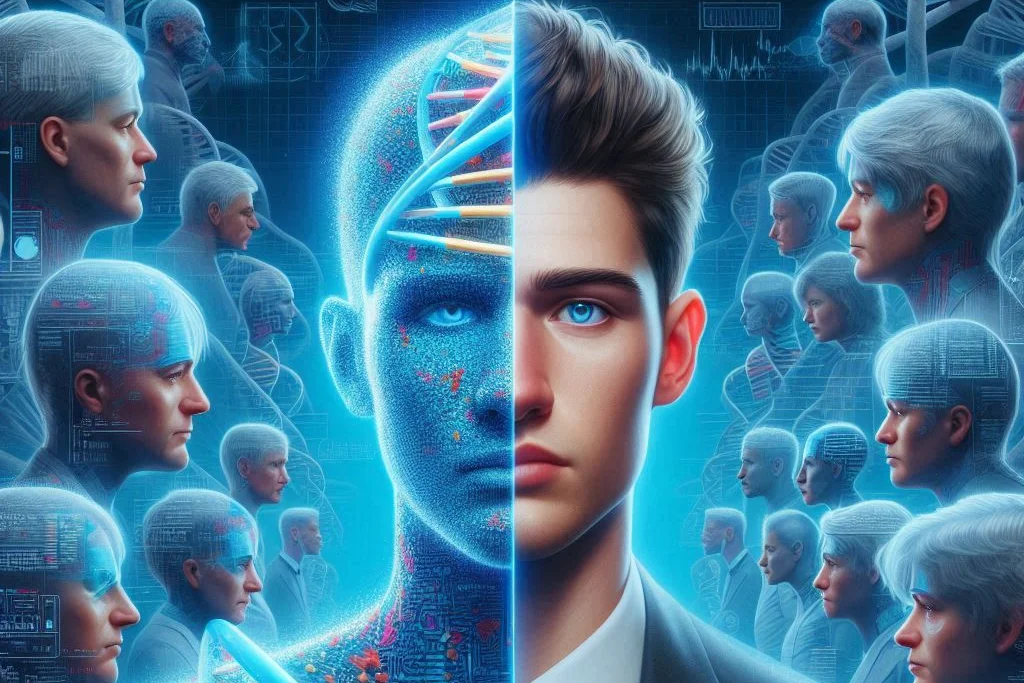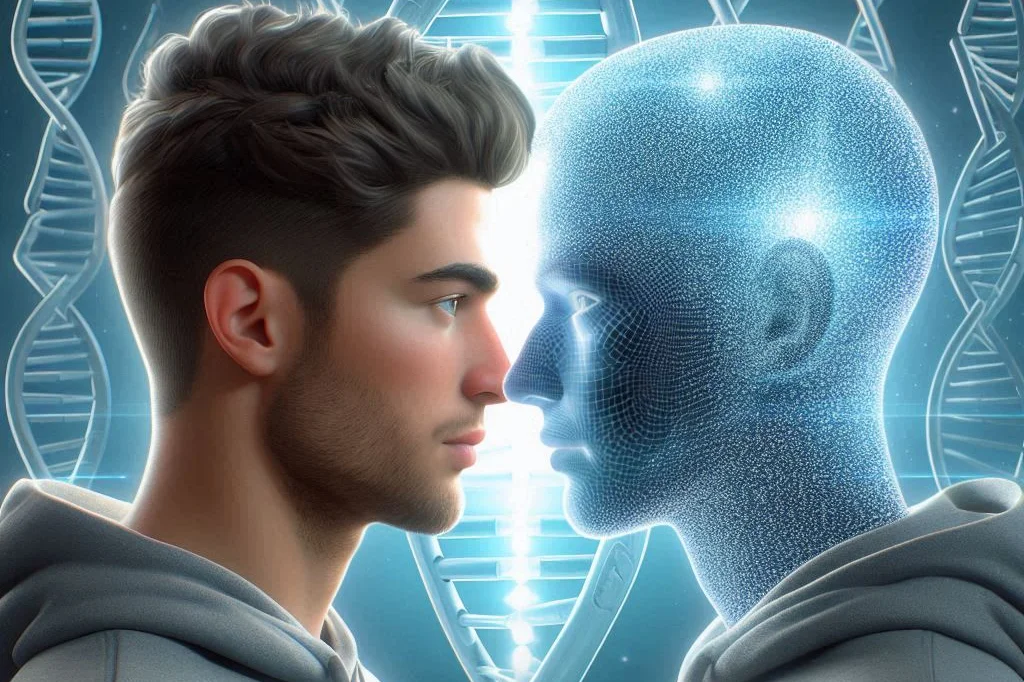The Genetic Truth That Could Reduce Prejudice.
Science shows we share 99.9% of our DNA! Learn how this breakthrough discovery helps fight prejudice. Click to read the study results!

Improving global relations may be simpler than imagined. A recent study in the European Journal of Social Psychology found that an eleven-minute video highlighting shared human genes can foster more positive attitudes toward people from other countries. This approach offers a straightforward way to reduce prejudice and promote unity.
“The research reveals how emphasizing genetic commonality can shift perceptions and encourage inclusivity.”
Rising nationalism and exclusionary politics have fueled prejudice against immigrants and minorities. These attitudes often stem from the mistaken belief that racial groups are genetically distinct. In reality, the Human Genome Project shows that all humans share 99.9% of their DNA. Only a tiny fraction of genetic variation—about 1/200th of 1%—is linked to racial categorization.
How Genetics Unite Us: A Key to Reducing Prejudice
Scientific research suggests that understanding shared genetic heritage may help dissolve perceived barriers between groups. By recognizing how similar humans are at a DNA level, perspectives can shift from “us vs. them” to a more inclusive mindset—a process known as recategorization. This approach could foster greater acceptance and reduce prejudice.
“Highlighting genetic commonality helps reframe how differences are perceived, promoting unity.”
The Science Behind the Findings
Three studies explored this idea:
- University Students (New Zealand): 123 participants
- Online Participants (UK): 93 individuals
- Diverse Age Group (UK): 150 respondents
Before the experiment, attitudes toward other nationalities and social dominance orientation (belief in group hierarchy) were measured.
The key intervention? An 11-minute video debunking race-based genetic differences. It explained:
- Humans share 99.9% of DNA.
- Racial categories lack genetic basis.
- Interactive quizzes reinforced learning (e.g., “What percentage of genes do humans share?”).

The Control Group: Establishing a Baseline
For comparison, a separate group viewed an eleven-minute music video exploring how musical training affects childhood brain development. This content was selected as a neutral control—equally engaging and matching the genetics video in duration, but containing no information about DNA or social relationships. Interactive knowledge-check questions were similarly included to maintain engagement levels.
Measuring the Impact
Following the video sessions, all participants retook the initial questionnaires assessing global attitudes and social dominance beliefs. By comparing before-and-after responses between groups, researchers could isolate the specific effects of the genetic education intervention.
Consistent, Positive Results Across Studies
The findings revealed:
- Significant improvement in attitudes toward global populations and Americans specifically among genetics video viewers
- Effects remained consistent across both New Zealand and UK populations
- Age differences showed no impact on results, demonstrating broad applicability
Notably, while intergroup attitudes improved, core beliefs about social hierarchies remained unchanged. This suggests genetic education enhances specific acceptance without immediately altering deeper worldview frameworks.
Future Research Directions
Key questions for further exploration include:
- Whether reduced “essentialist” thinking (belief in fixed group differences) mediates these attitude changes
- If similar genetic education could ease tensions between other divided groups (political factions, religious communities)
“Understanding our shared biology may serve as a powerful tool for building bridges between perceived differences.”
https://doi.org/10.1002/ejsp.3111
ABSTRACT
Laypeople reason that different races share 68% of their genes. In fact, the Human Genome Project indicates that humans, regardless of race, share 99.9% of our genetic material and that only 1/200th of 1% has been used to group people into the five classically conceived races. We reasoned that information about shared genetics might compel participants to extend their ingroup to include those formerly in the outgroup. In three studies, we showed participants an 11-min video with this information and compared this to a music video. In Study 1, we examined 123 European New Zealanders and found that attitudes towards individuals in other countries (measured by questions such as How much do you believe in being loyal to all mankind?) improved significantly from pre- to post-test compared to a music video detailing the effect of music on a child’s brain. In Study 2, we replicated this effect with a group of 93 European participants in the United Kingdom. In Study 3, we replicated this effect again with a group of 150 participants from the United Kingdom and showed that the effect is independent of age, political orientation, need for cognitive control and submissiveness.
